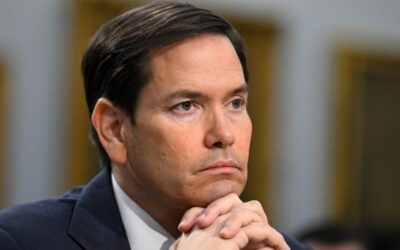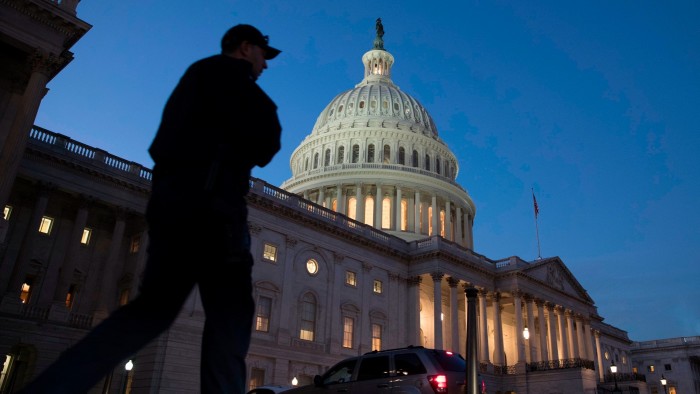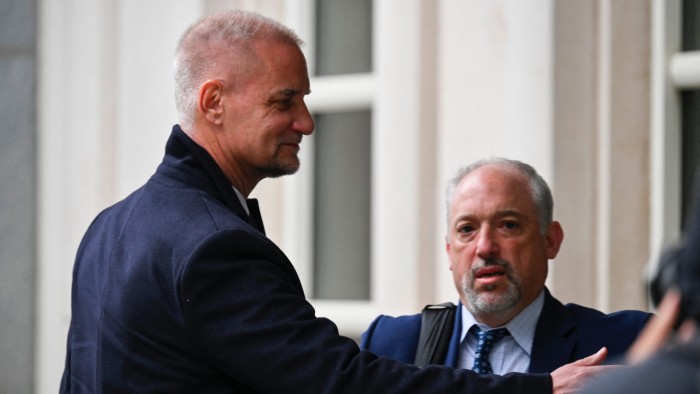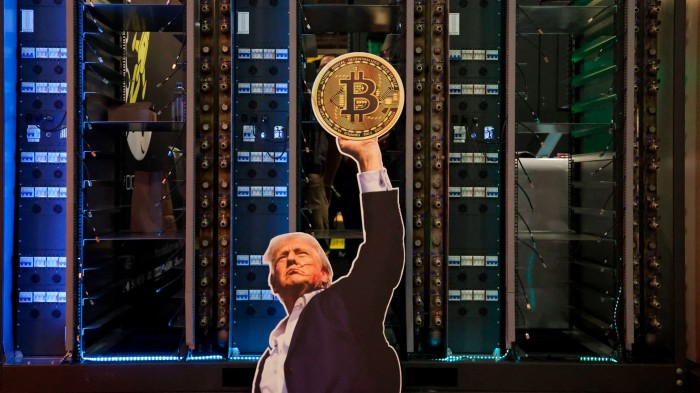US to restrict visas for foreign officials ‘complicit in censoring’ Americans
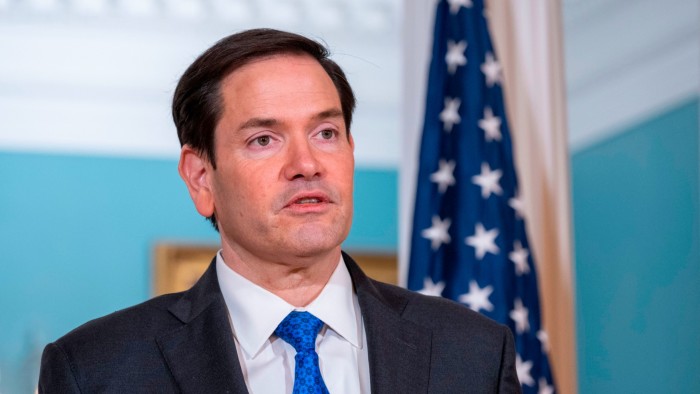
Unlock the White House Watch newsletter for free
Your guide to what Trump’s second term means for Washington, business and the world
US secretary of state Marco Rubio has announced visa restrictions targeting foreign officials whom the Trump administration says are “complicit in censoring Americans”.
“Foreigners who work to undermine the rights of Americans should not enjoy the privilege of travelling to our country,” Rubio said in a statement posted to X. “Whether in Latin America, Europe, or elsewhere, the days of passive treatment for those who work to undermine the rights of Americans are over.”
It was not immediately clear which officials would be affected by the visa restrictions or how the policy changes would be implemented.
But Rubio said in a separate statement that in “some instances, foreign officials have taken flagrant censorship actions against US tech companies and US citizens and residents when they have no authority to do so”.
He added it was “unacceptable” for foreign officials to threaten to arrest US citizens or residents for their social media posts and for foreign officials to “demand that American tech platforms adopt global content moderation policies or engage in censorship activity that reaches beyond their authority and into the United States”.
“We will not tolerate encroachments upon American sovereignty, especially when such encroachments undermine the exercise of our fundamental right to free speech,” the secretary of state said.
President Donald Trump, vice-president JD Vance and Rubio have all criticised overseas leaders for what the administration sees as encroachments on free speech, including online.
Republican lawmakers, including Jim Jordan, chair of the House judiciary committee, have also attacked foreign lawmakers for their regulation of social media platforms and online content, including the EU’s Digital Services Act and the UK’s Online Safety Act.
Vance stunned attendees at February’s Munich Security Conference when he accused European and UK leaders of suppressing speech and said the continent’s “threat from within” was graver than that posed by Russia and China.
More recently, Rubio said there was a “great possibility” of sanctions against Brazilian supreme court justice Alexandre de Moraes, who has led a crackdown against online disinformation in the country and made headlines last year after clashing with Trump ally Elon Musk.
The billionaire called Moraes a “dictator” but ultimately backed down and complied with his rulings that blocked users found to be spreading election disinformation after X, his social media platform, was banned for a month in Brazil.
Musk has also hit out at the UK government for its policing of offensive speech in the wake of far-right riots across the country last August, comparing the country to the Soviet Union.
Europe has taken a tougher approach to regulating digital platforms than the US. The Digital Services Act compels large social media companies and web platforms operating in the region to make efforts to combat misinformation and hate speech.
The UK’s Online Safety Act creates similar sweeping powers for media regulator Ofcom to punish tech giants for failing to police illegal content, such as hate speech and incitement to violence.

